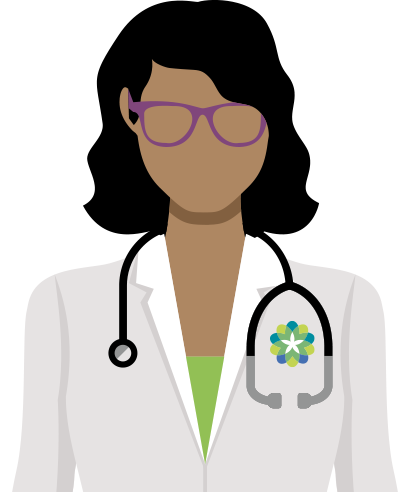|
(Wilmington, Del. – April 23, 2020)
ChristianaCare has treated its first hospitalized COVID-19 patient with plasma donated by individuals who have recovered from COVID-19.
ChristianaCare is partnering with the Blood Bank of Delmarva in the Food and Drug Administration’s (FDA) national Expanded Access Program (EAP) for Convalescent Plasma as a treatment protocol for COVID-19. ChristianaCare is one of more than 1,600 health care institutions across the United States registered in the program under the leadership of the Mayo Clinic.
Convalescent plasma is collected from individuals who have recovered from the virus, and it is administered to patients with COVID-19 who are at high risk of progression to a severe or life-threatening stage of the disease. Antibodies present in blood plasma of patients who have fully recovered are known to help fight infection. Over the past century, convalescent plasma has been safely collected and used at various times to treat polio, measles, hepatitis B, influenza, Ebola and other pathogens.
Qualifying donors are people who previously tested positive for COVID-19, but since fully-recovered and symptom free for 14 days or longer.
“In our continuing effort to provide the highest level of care to our community during this pandemic, ChristianaCare is facilitating access to investigational convalescent plasma by participating in the National Expanded Access Treatment Protocol,” said Infection Disease Specialist Alfred Bacon, M.D., medical director of clinical trials at the ChristianaCare Medical Group and principal investigator of the study. “We are working closely with the Blood Bank of Delmarva in the collection of blood plasma so it is available in our hospitals and are looking to bring new patients into the program if they are appropriate for the treatment. A key to the success of this program is recovered patients willing to donate their plasma.”
Before donated blood can be used, it is tested for safety. Then it goes through a process to separate the blood cells so that all that is left is the plasma with the antibodies. A single plasma donation has the potential to help up to four patients with COVID-19.
An Expanded Access Program (EAP) under the FDA is the mechanism by which access to certain investigational new drugs or treatments are made available outside of clinical trials. The focus of an EAP is to provide treatment, whereas a clinical trial is focused on research.
Initial data available from studies using COVID-19 convalescent plasma indicate that a single infusion of plasma has shown benefit for some patients. It is not known if this treatment will or will not help those with COVID-19 or if it will have any harmful effects, but this is one of a few promising treatments that we have at present. This program also will help researchers collect important information on patients who received the treatment.
Those who have recovered from COVID-19 (14 days symptom free) are encouraged to register online at www.delmarvablood.org.
For additional information about convalescent plasma for the treatment of patients with COVID-19, visit uscovidplasma.org.
 |
|
Need an expert source?
Our Experts, ChristianaCare's expert database, can help you find the right source for your next news story.
Request an interview ➜ |
|
About ChristianaCare
Headquartered in Wilmington, Delaware, ChristianaCare is one of the country’s most dynamic health care organizations, centered on improving health outcomes, making high-quality care more accessible and lowering health care costs. ChristianaCare includes an extensive network of primary care and outpatient services, home health care, urgent care centers, three hospitals (1,430 beds), a freestanding emergency department, a Level I trauma center and a Level III neonatal intensive care unit, a comprehensive stroke center and regional centers of excellence in heart and vascular care, cancer care and women’s health. It also includes the pioneering Gene Editing Institute.
ChristianaCare is nationally recognized as a great place to work, rated by Forbes as the 2nd best health system for diversity and inclusion, and the 29th best health system to work for in the United States, and by IDG Computerworld as one of the nation’s Best Places to Work in IT. ChristianaCare is rated by Healthgrades as one of America’s 50 Best Hospitals and continually ranked among the nation’s best by U.S. News & World Report, Newsweek and other national quality ratings. ChristianaCare is a nonprofit teaching health system with more than 260 residents and fellows. With its groundbreaking Center for Virtual Health and a focus on population health and value-based care, ChristianaCare is shaping the future of health care.
####
|